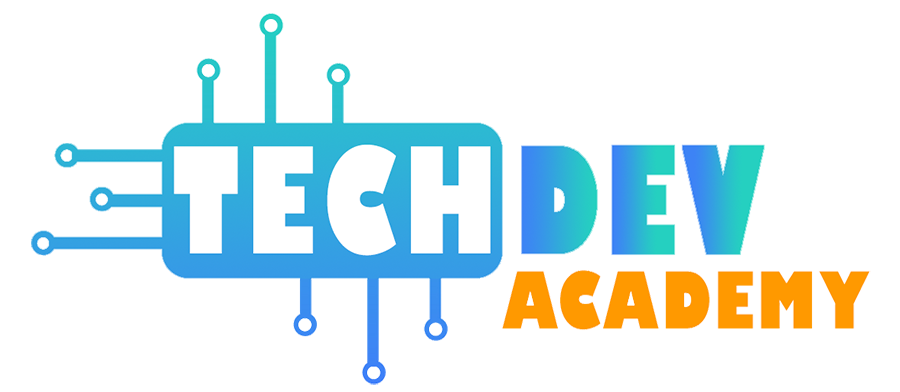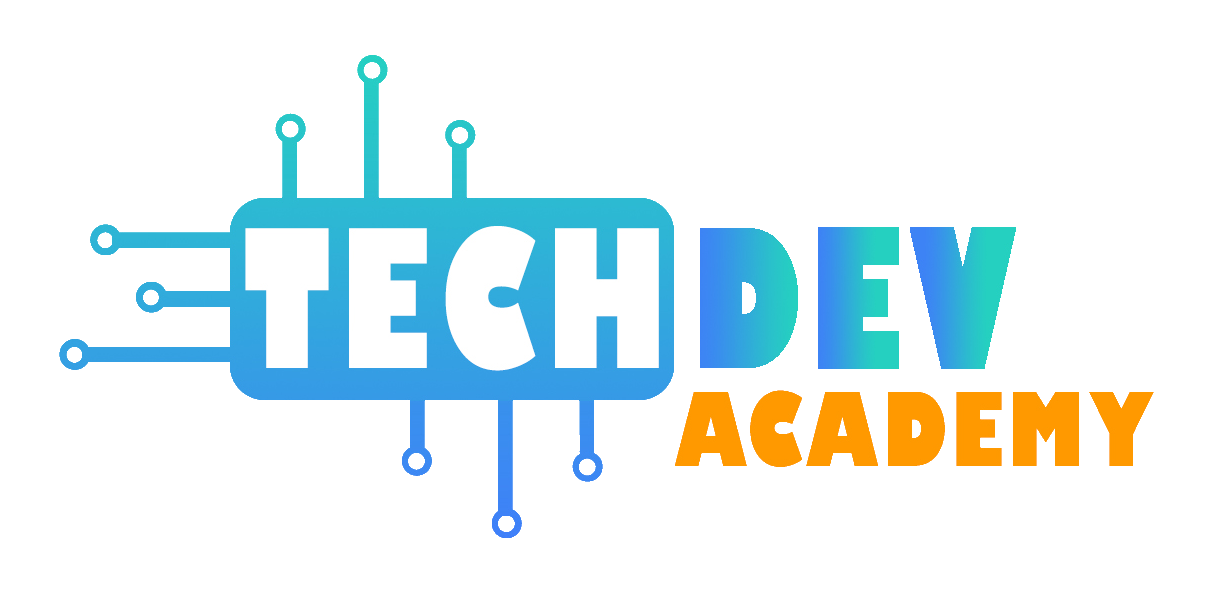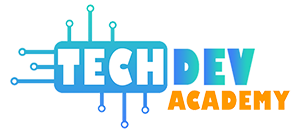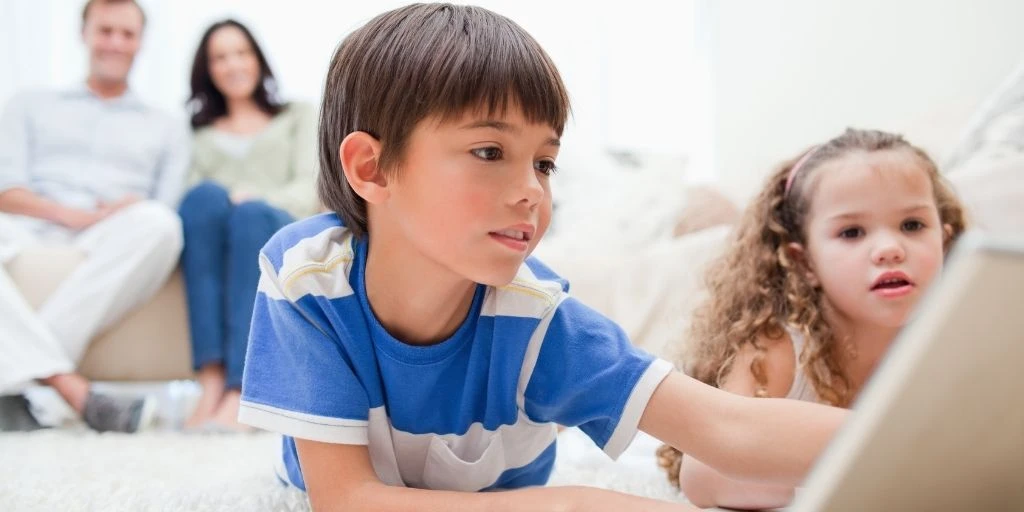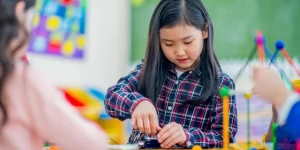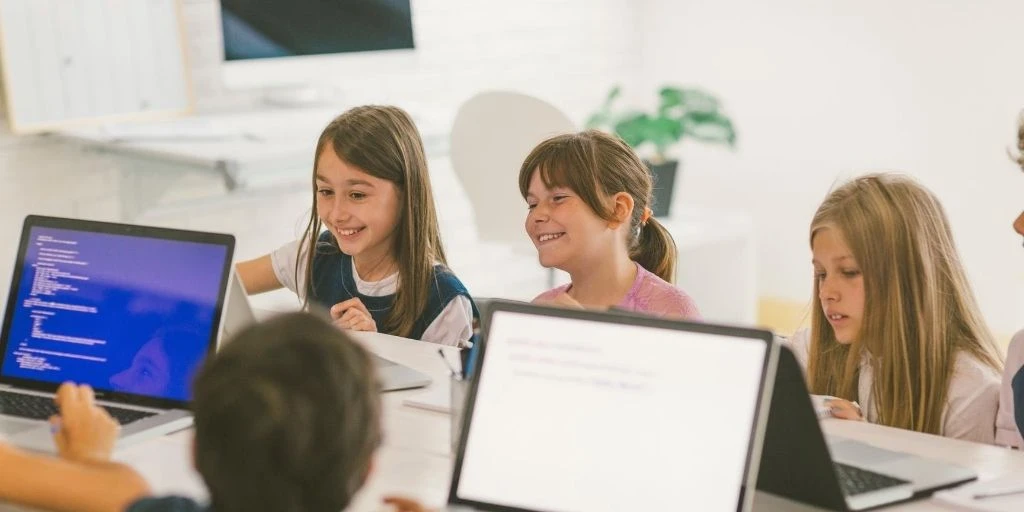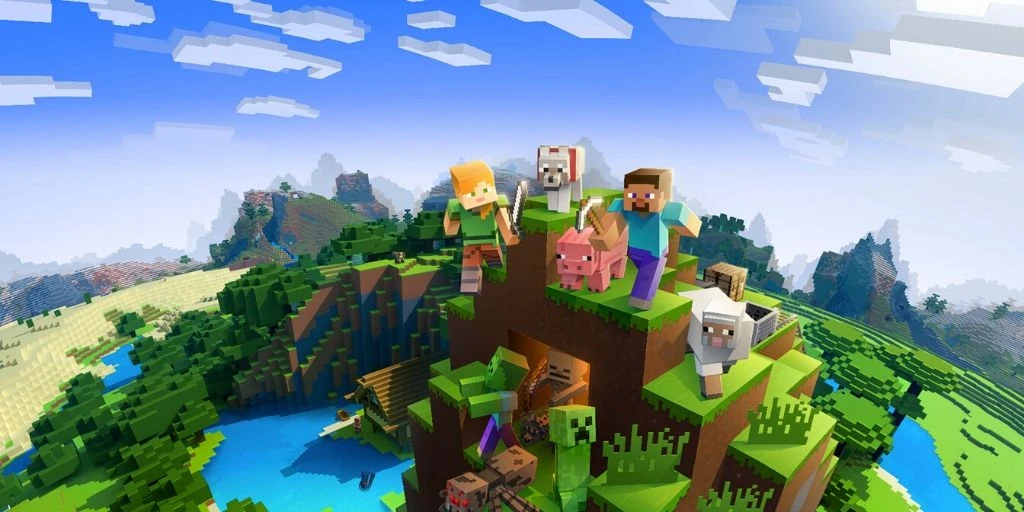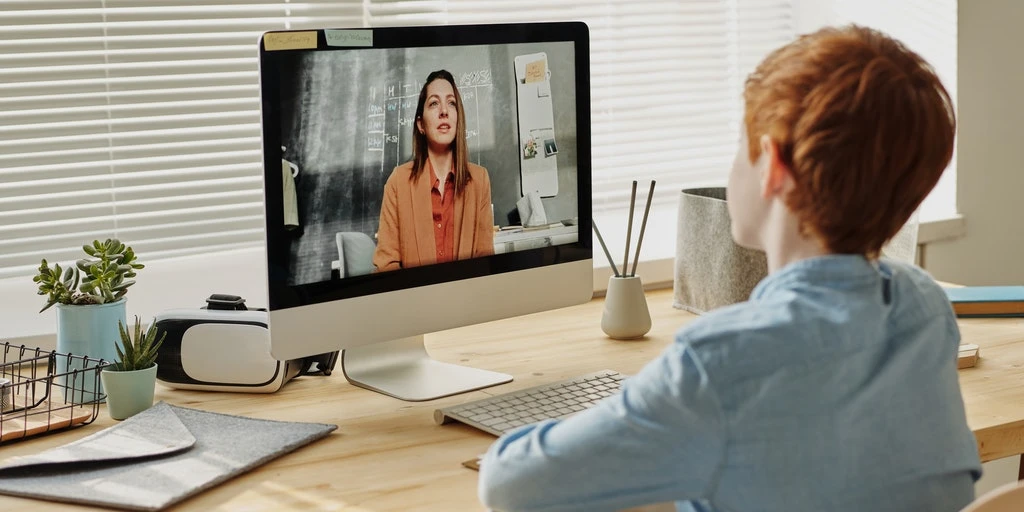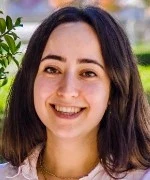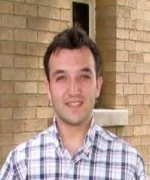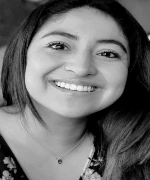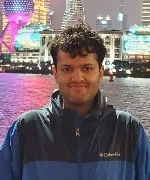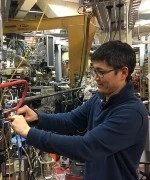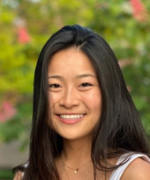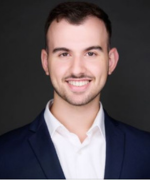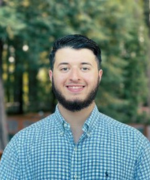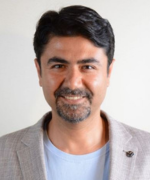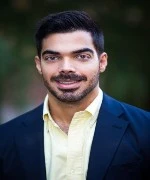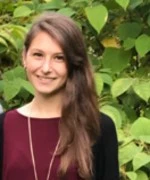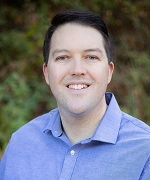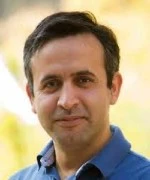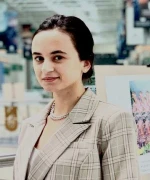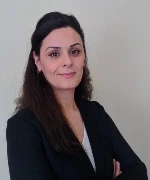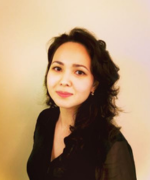Why Your Kids Should Play These Top 10 Educational Coding Games
Undeniably, coding is going to be one of the most rewarding future careers and more relevant than it is today. But still, many parents think that coding is all about lots of texts and complex symbols and hence, kids shouldn’t be exposed to it. However, the truth is coding is not difficult when taught right, and letting your child obtain this skill at an early age offers a plethora of benefits. In this post, we are going to discuss the top benefits of introducing your kids to coding and the best educational coding games that would help them obtain this skill playfully.
The Core Benefits of Coding For Kids
Here’re the core benefits that coding would bring your kids’ way.
Logical thinking: Kids need to think logically when coding. They’ll learn how to develop step-by-step procedures to achieve the desired outcomes by creating various logical statements and sentences such as conditional statements, selections, expressions, etc.
Computational thinking: During the process of learning to code, kids get familiarized with how to communicate with a computer using symbols, signs, and texts. It helps them nurture a methodical way to deal with a computer by recognizing various abstracts and patterns.
Mathematical skills: Kids get introduced to basic mathematical skills in school but when they start learning to code, they view and apply them on a more advanced level. This practical approach helps them get an edge over others by enhancing their skills.
Confidence: It takes time and sincere effort to make code work. To obtain a working code, kids need to go into trial and error processes. This helps to develop patience, perseverance, and eventually confidence.
Problem-Solving Skills: When their code does not work, kids need to find what the problem is and solve that problem by trying and understand what changes need to be made to fix the wrong lines of code.
Creativity: When coding, kids need to apply different ways to solve a problem. They learn how to create various formulas and programs to get the desired result. In short, they step into the world of creativity with coding.
Hopefully, the above benefits have made you understand why it’s imperative for your kids to learn to code. Let’s take a look at some of the best coding games that you can use as starting points of your kids’ coding journey.
Top 10 Educational Coding Games
1. CodeMonkey
By playing this extremely simple award-winning coding game, kids learn coding effortlessly. Here, kids learn how to creatively use basic programming skills and real programming languages to help the monkey accomplish their goals. Here, the journey starts with CoffeeScript (a text-based version of JavaScript) and ends with Python – two extremely popular languages used by professionals across the globe.
2. CodeCombat
One of the best things about CodeCombat is that kids obtain the knowledge of coding while playing a game. They need to use lines of code to help the character move past the challenges. Another notable thing is that it lets the users choose coding languages from Python, JavaScript, CoffeeScript, and Lua based on what they intend to learn.
3. Codemoji
Ideal for elementary school students, Codemoji helps kids learn fundamental programming skills with the help of emojis. Using this mode of communication, kids create and learn JavaScript, HTML, and CSS in a casual setting instead of typing or incorporating syntax. This method of simplification helps them comprehend abstract concepts more easily.
4. LightBot
One of the notable things about LightBot is here, kids get to learn coding without actually realizing the learning process. It doesn’t introduce kids to any actual coding language. Instead, it helps them learn different programming concepts such as procedures, sequencing, overloading, conditionals, recursive loops, among others. With no clues or hints offered, players get as many chances as they require to win the challenges.
5. Blockly Games
If your kid is yet to step into the world of computer programming, Blockly Games would fit the bill just right. It helps kids learn everything about coding – from the basics to its more complex aspects. Similar to LightBot, this game is also designed to introduce kids to the fundamental concepts of coding rather than focusing on any real programming language.
6. Machineers
This game aims to teach kids programming skills in a fun and entertaining manner. Here, kids need to use coding principles along with drag-and-drop functionality for fixing broken machines. Machineers also does not use any actual code or math. Instead, it helps kids develop procedural literacy, creativity, and logical thinking.
7. RoboZZle
This puzzle game takes the kids through all the fundamental programming concepts where a player can improve his/her chances of comprehending the next concept after completing the earlier concept successfully. RoboZZle lets them build a robot using programming steps where they get to learn both basic and complex concepts of coding.
8. Kodable
With more than 70 lessons combining off-screen and on-screen elements and activities, Kodable is designed to transform complex topics into easily comprehensible concepts that can be learned and applied by kids. The lessons are fully equipped with all the materials that help kids learn skills such as communication, collaboration, critical thinking among others.
9. Code Karts
This simple app helps kids get introduced to coding topics by letting them navigate 70 levels of challenges on a racetrack. Here, kids organize colored “bricks” to set the directions of a race car to help it navigate around the track. This process helps them learn cause-and-effect relationships, step-by-step patterns, how an input affects the output, etc.
10. Scratch
In this game, kids need to design various games, stories, and animations to test their coding skills. While creating animations, kids can determine the appropriate user controls, sound effects, etc. With lots of guides and tutorials available on the platform, kids of all ages can find it enjoyable.
In today’s competitive world, kids should be introduced to coding as early as possible. It not only promotes their overall development but prepares them for the future as well by strengthening essential skills. With the help of the above-mentioned coding games, they would be able to understand what is going on under the ambit of the world of coding, which is extremely essential to lay the foundation for a successful future career.
